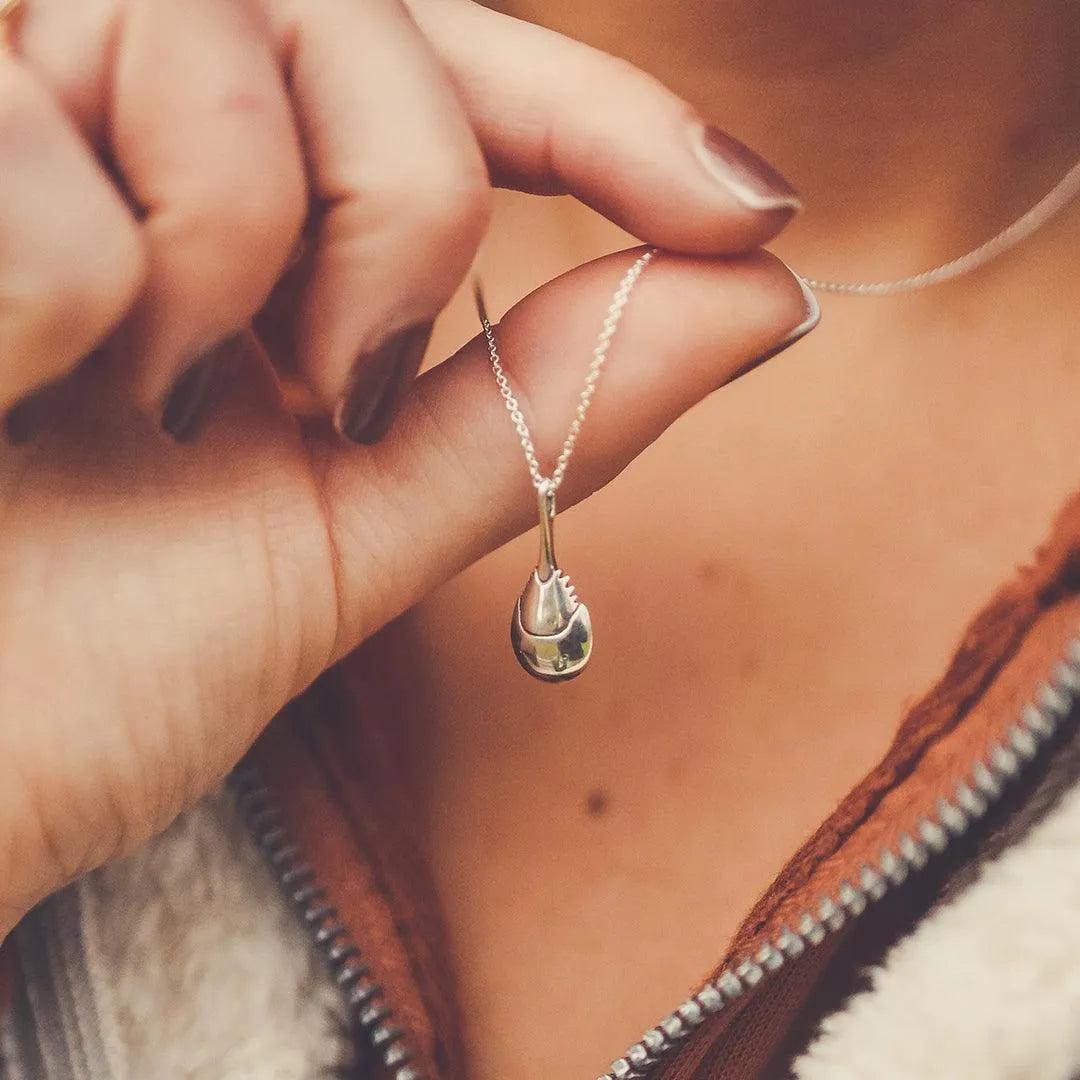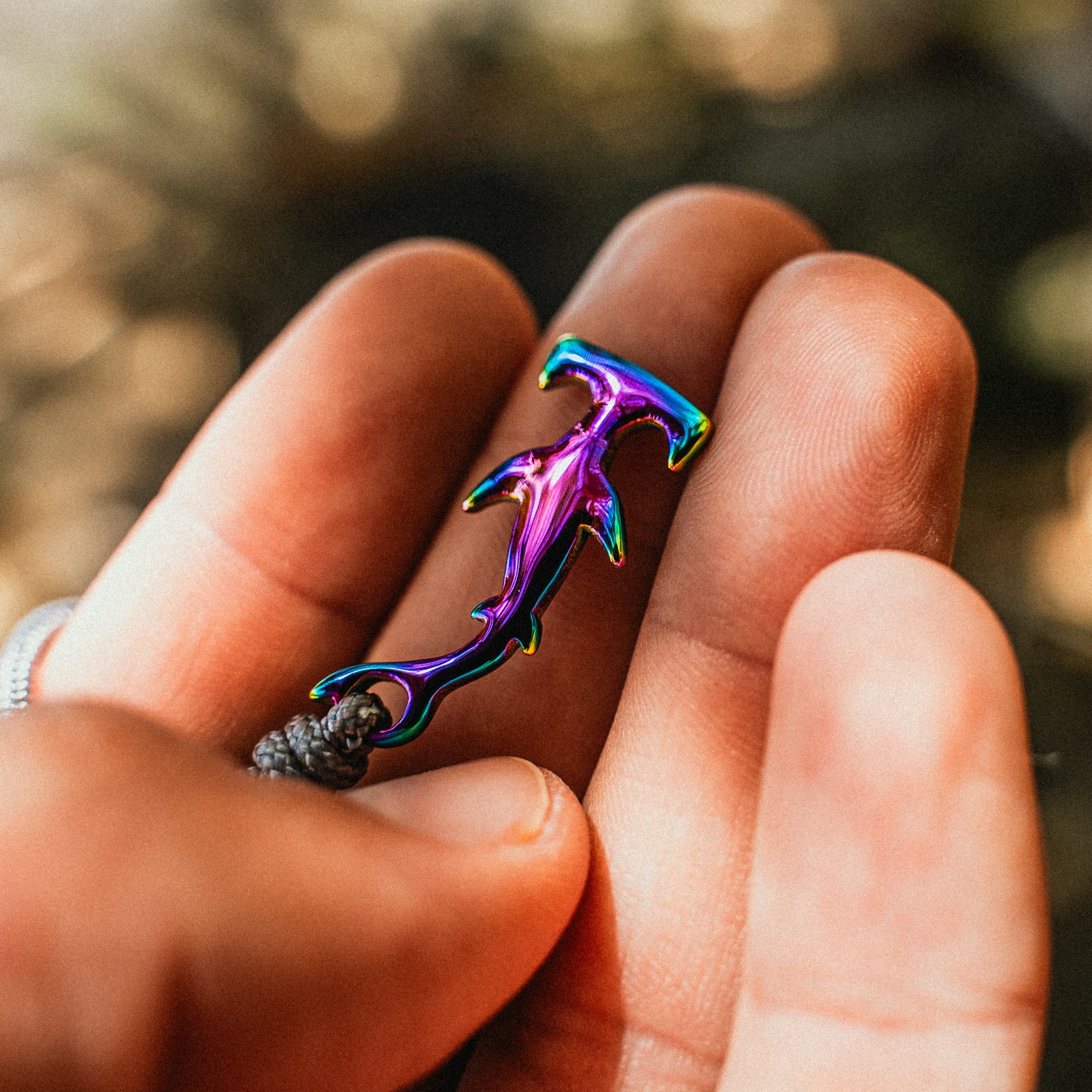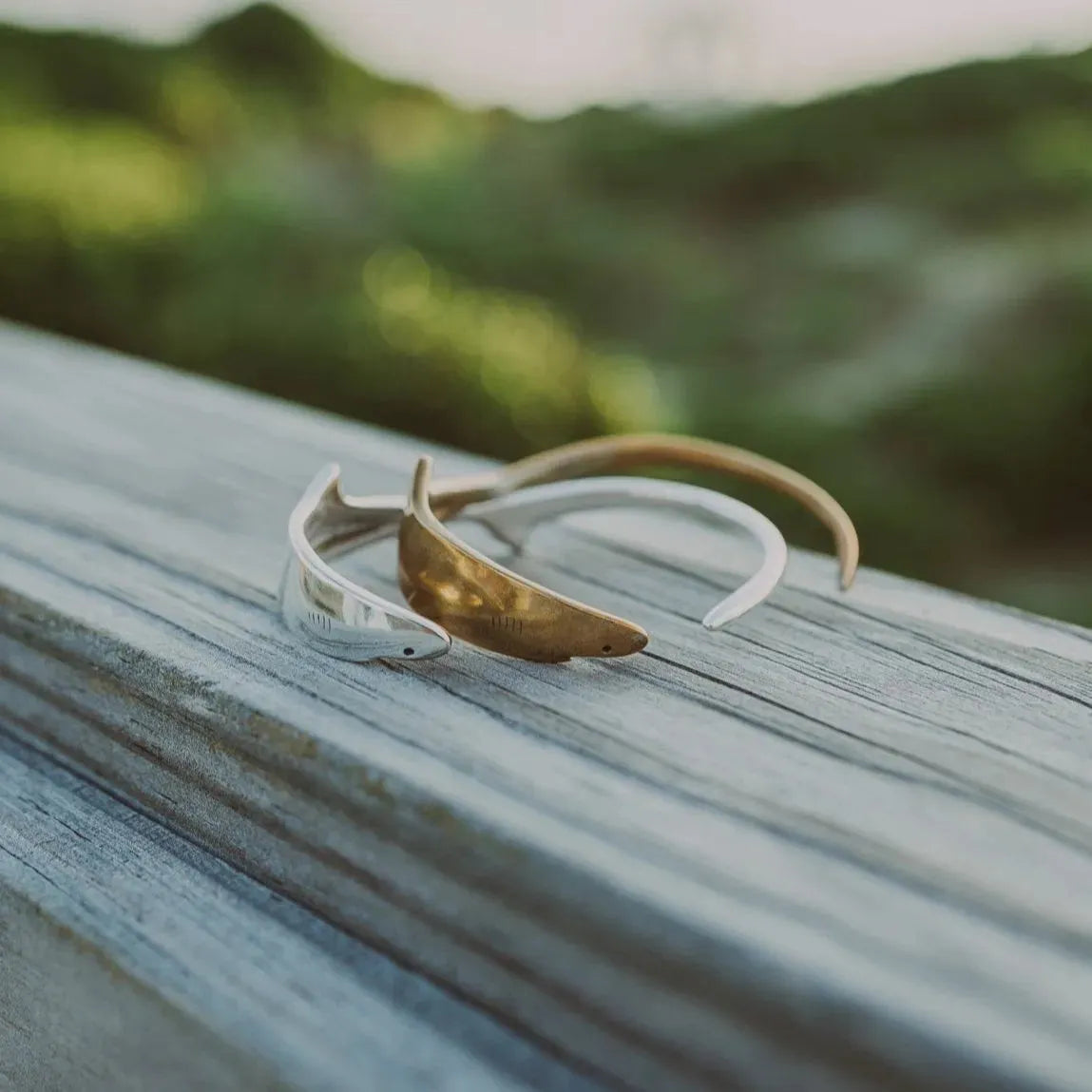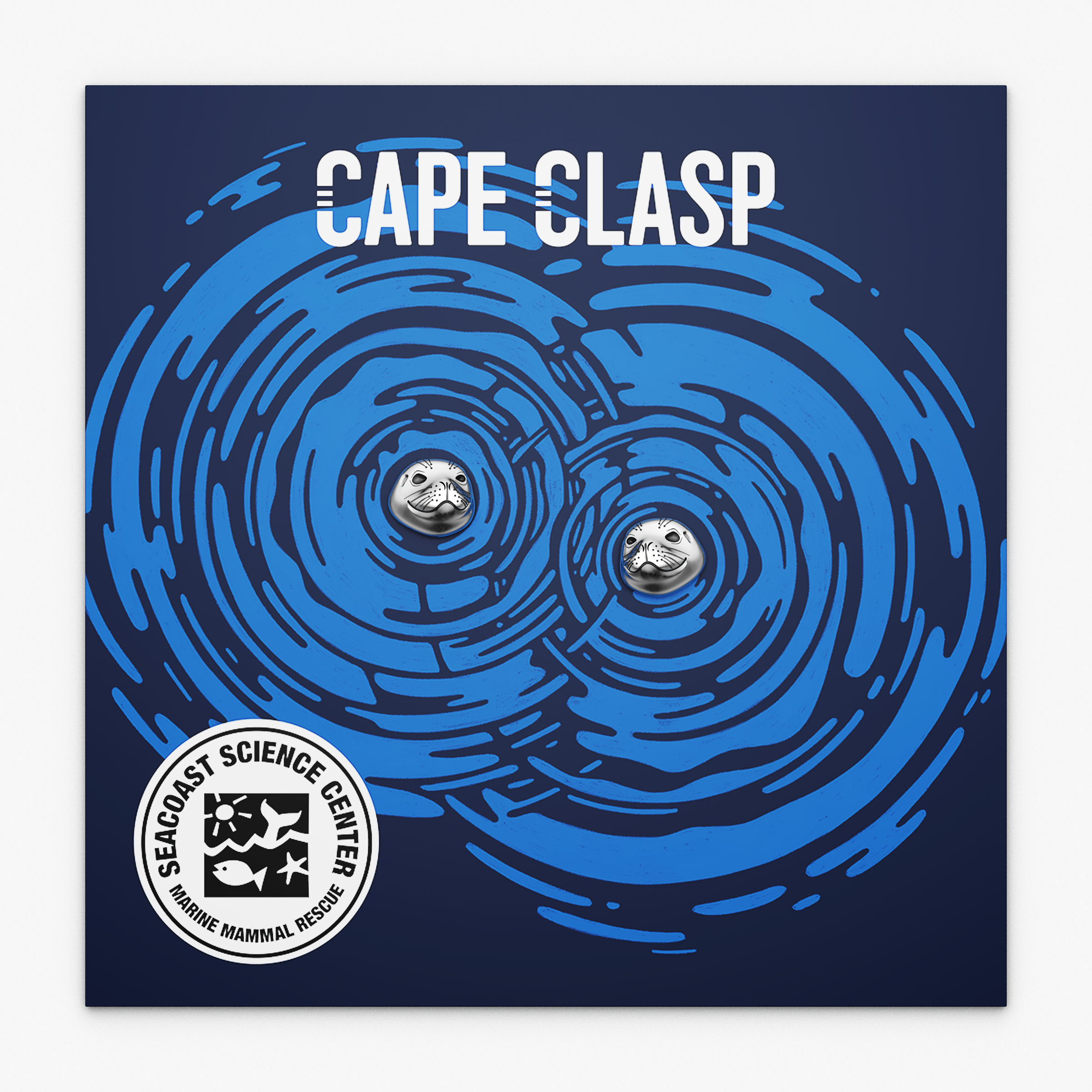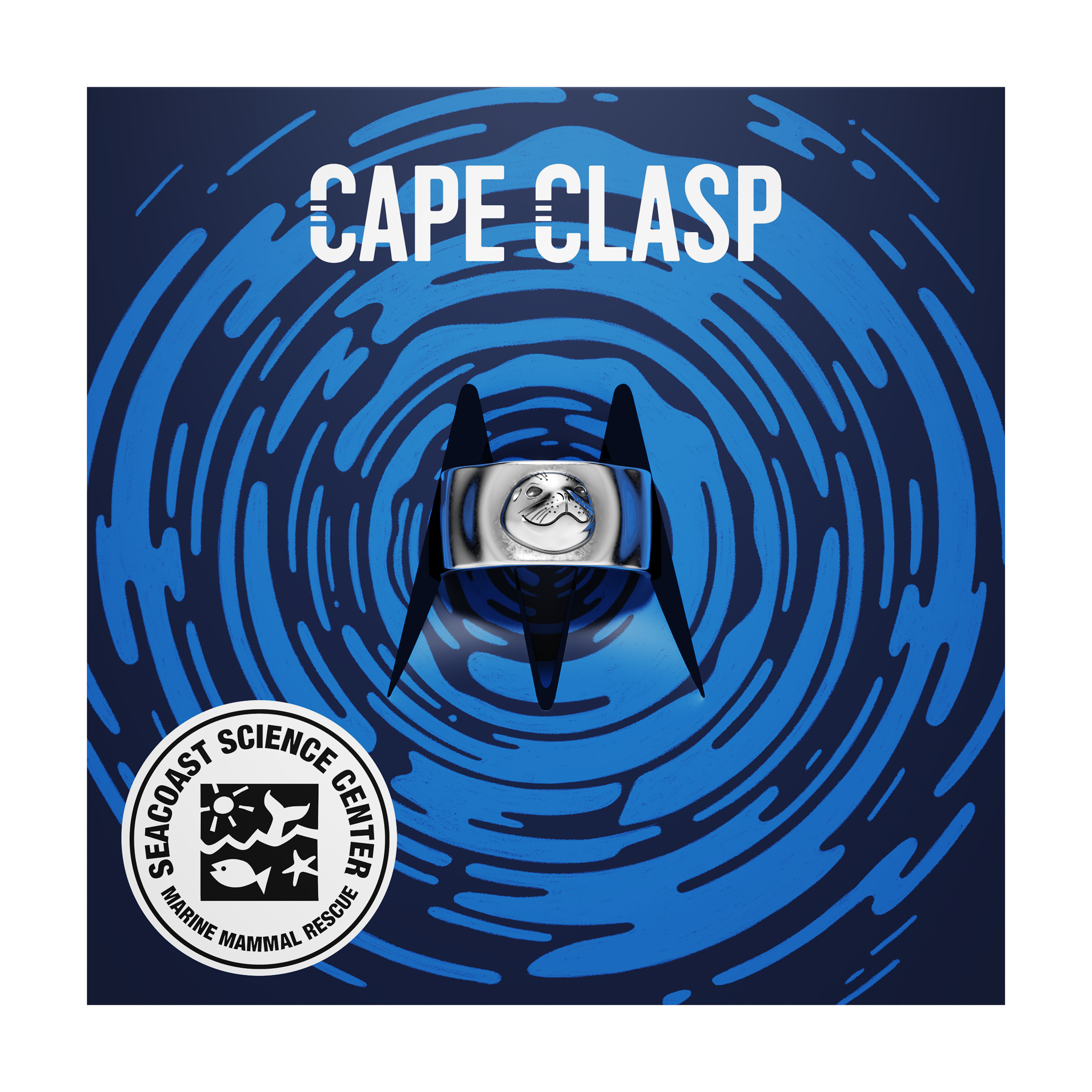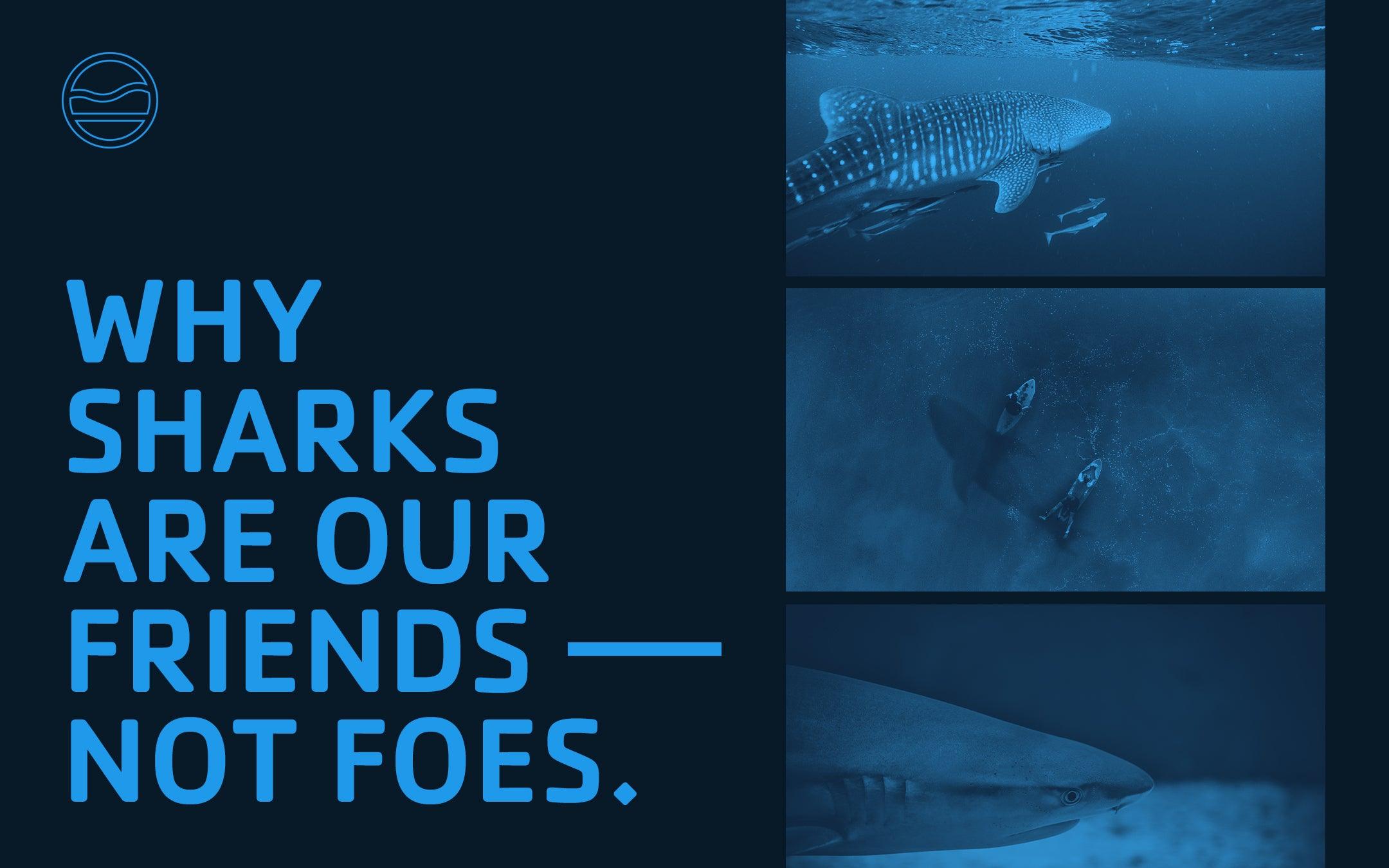
Why Sharks Are Our Friends, Not Foes
Sharks are fascinating creatures; they have been on the planet longer than trees and dinosaurs – and when dinosaurs were wiped out by mass extinction, sharks continued to thrive!
With nearly 500 different species, from the hand-sized dwarf lantern shark to the bus-sized whale shark, sharks have successfully populated every corner of every ocean for over 400 million years.
But now, many shark species are at risk of extinction due to human action, and one of the biggest problems that sharks suffer from is simply bad PR. From Jaws to Sharknado (movies 1-6), sharks are portrayed in films and television as mindless, bloodthirsty savages to be feared.
This means that inevitably it’s easier to get people to care about the protection of cuddlier creatures such as whales or penguins than about the welfare of sharks.
So let’s try to change that.
![]()
Here are some reasons why sharks are awesome and deserve our respect, love, and protection.
1. Sharks are critical to the health of our oceans. And the health of our oceans is essential to the survival of humankind.
Like all apex predators, sharks ensure that ocean populations stay healthy and balanced, making the oceans more productive. This balance ultimately means that we get healthy coral reefs, more sustainable fish populations, and more biodiverse oceans.
2. Humans aren’t on the shark’s menu. Contrary to what Hollywood would have us believe, sharks don’t hunt for fun or out of vengeance. Like all animals, with the exception of humans, they hunt to feed.
To put it simply: we are not tasty to them. Sharks have evolved for millions of years in their ocean ecosystem (even before humans were around) so they’ve never developed a taste for us. Plus, humans just don’t deliver the nutritional needs that sharks have for their life in water. Whereas seals, turtles, plankton, tuna, or smaller fish that sharks feed on (depending on the species), do.
This is why the rare shark attacks that do take place tend to be exploratory bites, where sharks are trying to establish whether that flailing thing in front of them is edible or not. Sharks have perfect eyesight when they’re in the water, but as humans tend to spend most of their time in the ocean on the surface, it makes us that much more difficult to identify (since we're usually backlit by the sun).
For this reason, we need to make sure we follow local recommendations when swimming in waters where sharks are present, especially when surfing or doing other sports where we spend a lot of time on the surface.
These tips can include staying out of the water at dawn and dusk - when most species hunt - or making sure we don’t wear shiny jewelry that can reflect the light and catch a shark’s eye, especially in murky water.

3. Sharks should fear humans, not the other way around. Contrary to their bloodthirsty image, sharks kill about ten people a year. At the same time, cows kill 20 people a year in the US alone. You’re much more likely to be killed by a hippo, deer, ant, bee, or the most deadly of all animals, a mosquito, than by a shark.
But sharks do have good reason to fear us. Every year, humans kill an estimated 100 million sharks, which has resulted in a population decline of over 70% globally over the past 50 years.
Everyone has heard of the terrible damage done by the shark finning industry, where humans fish sharks, cut off their fins to sell for shark fin soup, and then dump the fin-less bodies of the still breathing sharks back into the water to suffocate.
But it’s not just finning that kills sharks. They are also targeted by many of the big fishing nations and are often accidentally caught as bycatch in the long lines or nets of the fishing industry.
4. Sharks get us talking about ocean conservation. Whether it’s tourists flocking to Cape Cod in the summer with the hopes of seeing a white shark, or divers going on holiday to one of the many popular shark-seeing spots worldwide, the truth is that sharks are good for business.
For example, in the Bahamas, a country that has built a thriving diving tourism industry, a single reef shark is worth $250,000 over its lifetime, whereas a dead shark would be worth only $50 to the fisherman that caught it.
Promoting wildlife tourism where the main attraction is in nature (or is the nature itself), encourages local communities to engage in conservation efforts to ensure that they preserve the natural environment and biodiversity around them.
This in turn offers a chance to educate tourists further on the challenges the natural world faces and the things we can do to help protect it.
![]()
You can show the sharks a little love by shopping our full range of products that support shark conservation efforts.

